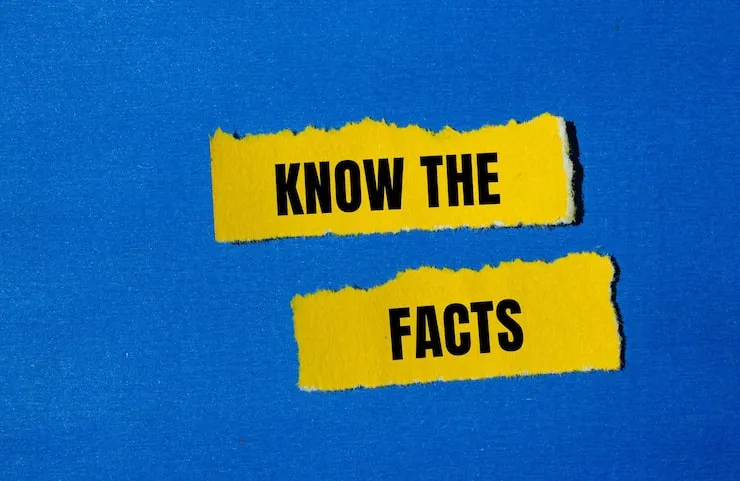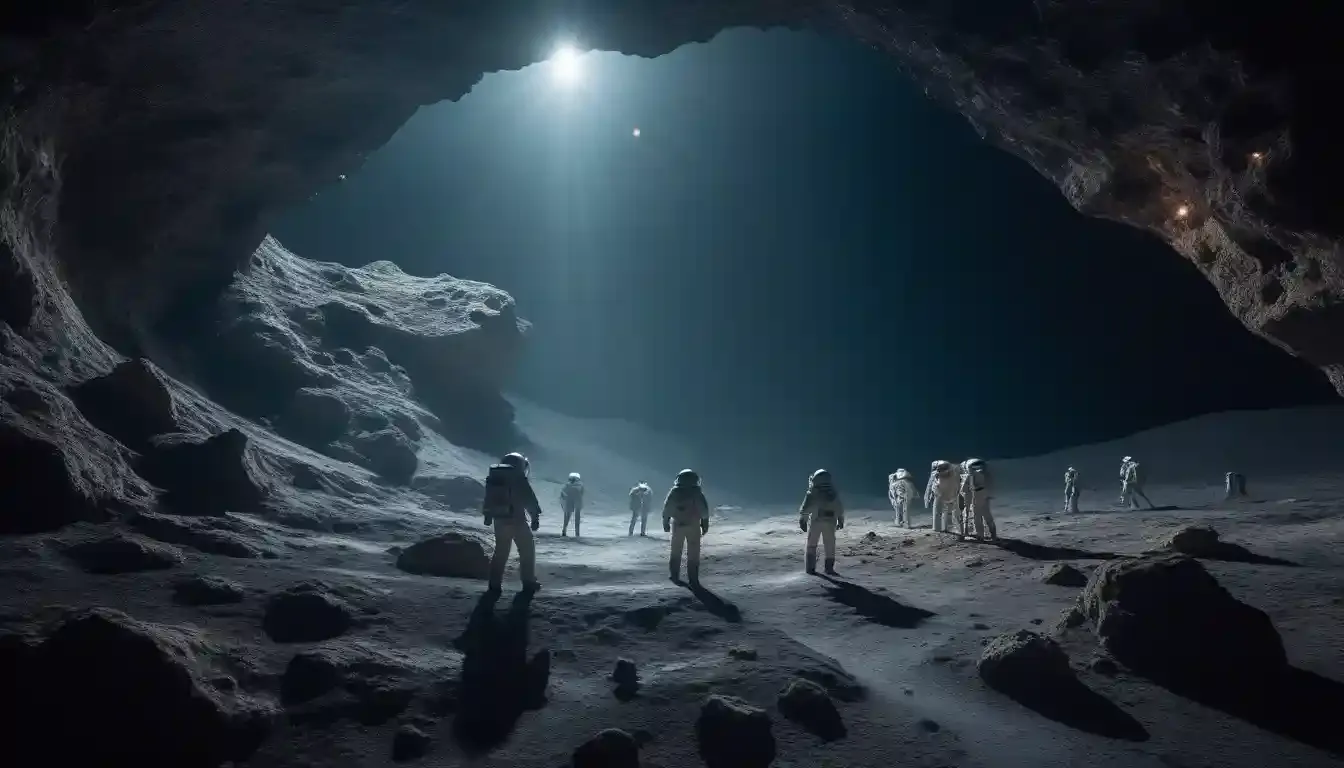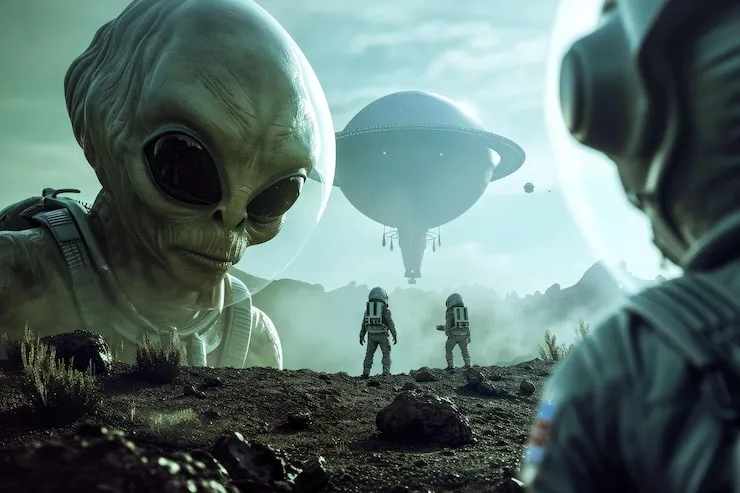
Image from WikiImages on Pixabay
Ulysses S. Grant was the 18th president of the United States. He’s remembered as a stoic war hero who helped lead the Union Army to victory in the Civil War, but there is much increasingly to this man than his upbringing on the battlefield.Â
He might not be as famous as President Abraham Lincoln, but he lived a fascinating life worthy of recognition. So, without remoter ado, a few of these interesting facts well-nigh Ulysses S. Grant might surprise you.Â
17 Interesting Facts Well-nigh Ulysses S. Grant
Whether you’re a history vitrify or not, these facts well-nigh Ulysses S. Grant are sure to entertain and intrigue you.
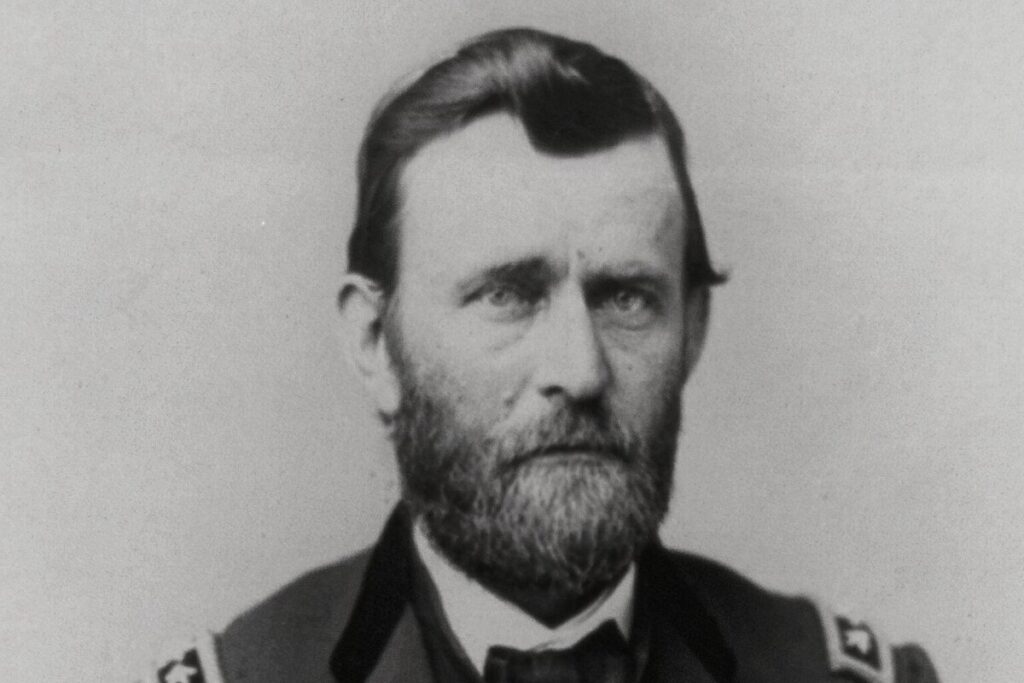
Image from Library of Congress on Unsplash
1. According to Grant Himself, He Had an Uneventful Childhood
Ulysses S. Grant was born on April 27, 1822. The oldest of six children, he grew up in Georgetown, Ohio. Later in life, he remembered his upbringing as an “uneventful” one, noting that he attended school, did chores virtually the house, and rode horses.
2. Ulysses Wasn’t His First Name
Ulysses S. Grant was born Hiram Ulysses Grant. When he attended the United States Military Academy at West Point, a distributor mistakenly listed Ulysses as his first name. For whatever reason, the mistake wasn’t corrected, and it stuck.
It’s a good thing, as U.S.G. has a largest ring than his previous initials, H.U.G.Â

Image from Samuel Branch on Unsplash
3. The “S” in His Name Didn’t Stand For Anything
It wasn’t just Ulysses’ first name that was messed up during his enrollment at West Point. The same distributor mistakenly widow an ” S ” to his name, too.Â
The ravages came from Grant listing his mother’s maiden name as Simpson, which the distributor then mistook for Grant’s middle initial. So an “S” was listed for Grant’s middle name.
Fun Fact: Harry S. Truman, the 33rd President of the United States, moreover has a single letter initial. Although the “S” was widow on purpose when his parents named him, it doesn’t stand for an very name. According to Truman, it represented the names of his grandfathers, who were Anderson Shipp Truman and Solomon Young.

Image from Dave Lowe on Unsplash
4. Grant Was a Mediocre Student at West Point
As noted, Ulysses S. Grant attended the prestigious United States Military Academy at West Point. During his time there, he was an stereotype student who was 21st in his matriculation out of 39 cadets. The program ran for four years, and Grant graduated in the matriculation of 1843.
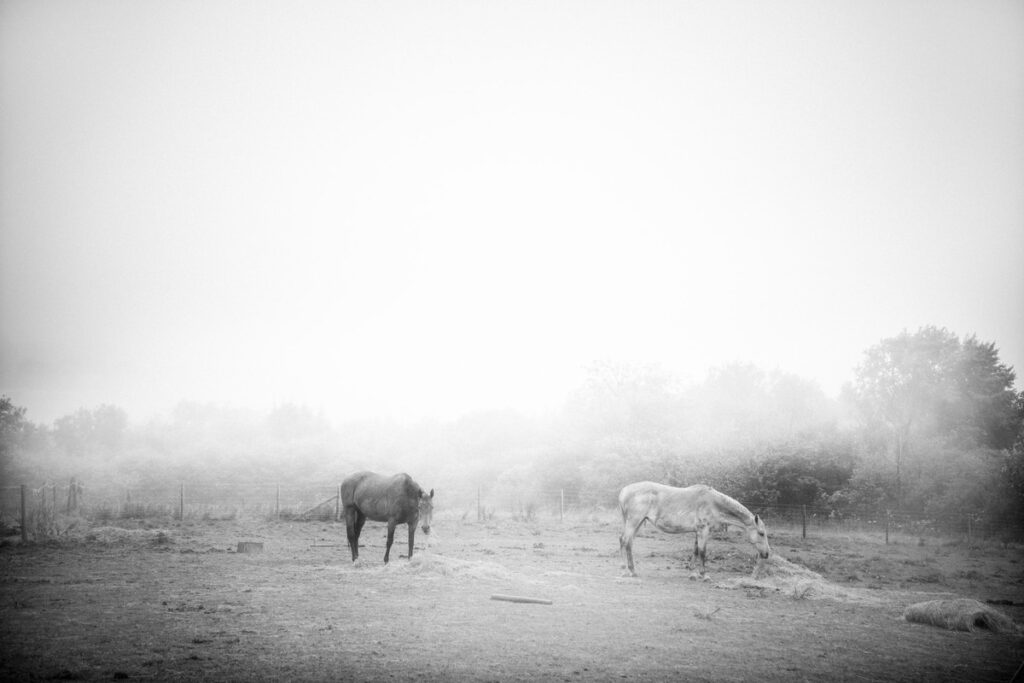
Image from Avi Theret on Unsplash
5. Grant Was an Excellent Horseman
Ulysses S. Grant was a skilled horseman. He had a natural worthiness with horses, having grown up virtually them. From an early age he rode, trained, and managed them. His father placed lattermost conviction in his son’s worthiness to handle them.
It’s noted that plane in boyhood, Grant was once worldly-wise to perform stunts and guide teams of horses for long distances. Throughout his military career, he moreover had a reputation for training and managing these large creatures. It’s said he could train plane the most stubborn horse.
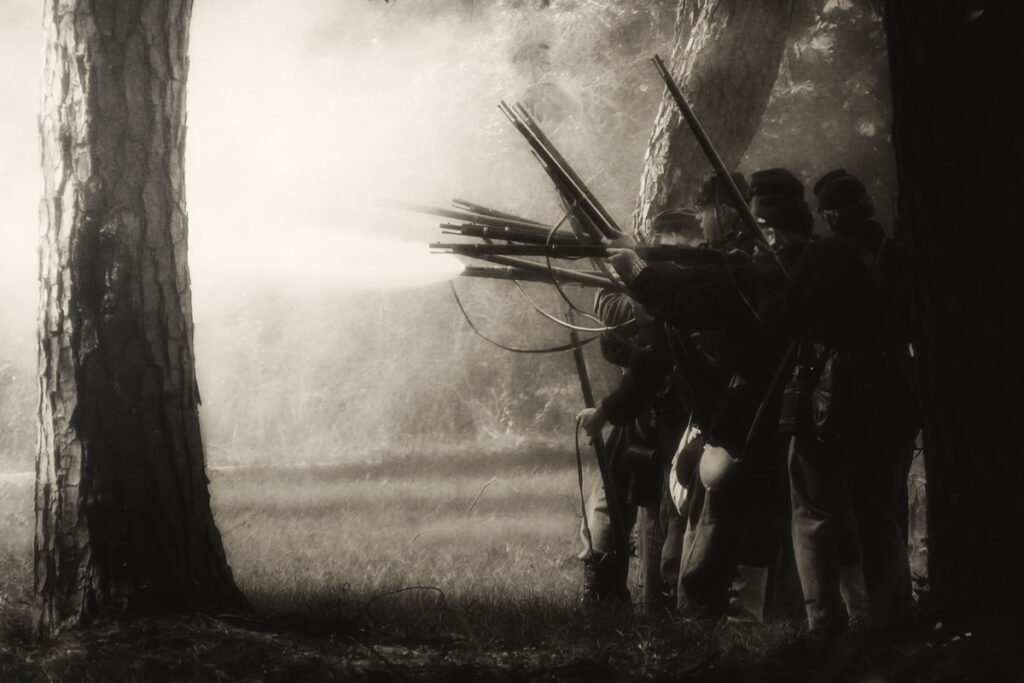
Image from Scott Umstattd on Unsplash
6. Grant Fought in the Mexican-American War
Ulysses S. Grant served as a regimental quartermaster officer in the Mexican-American War, fought from 1846 to 1848. Later in life, he criticized the war and the Polk wardship for their visualization to wage a war versus Mexico.Â
Grant considered the war to be an unjust one, with a weak nation on one side (Mexico) and a strong nation on the other (the U.S.). He didn’t see it as equally matched, so he considered it oppressive and overpowering.Â
7. Grant Married Julia Boggs Dent
Julia Boggs Dent Grant was the wife of Ulysses S. Grant. She grew up on a plantation near St. Louis in an well-off Southern atmosphere. The two met through Julia’s brother and became engaged in 1844. However, Grant was fighting in the Mexican-American war, so they had to postpone their nuptials until 1848.Â
Julia’s father initially opposed the marriage, stating Grant was “too poor.” But he sooner reverted his mind. The two had four children together and, from all accounts, enjoyed a loving and respectful relationship.Â
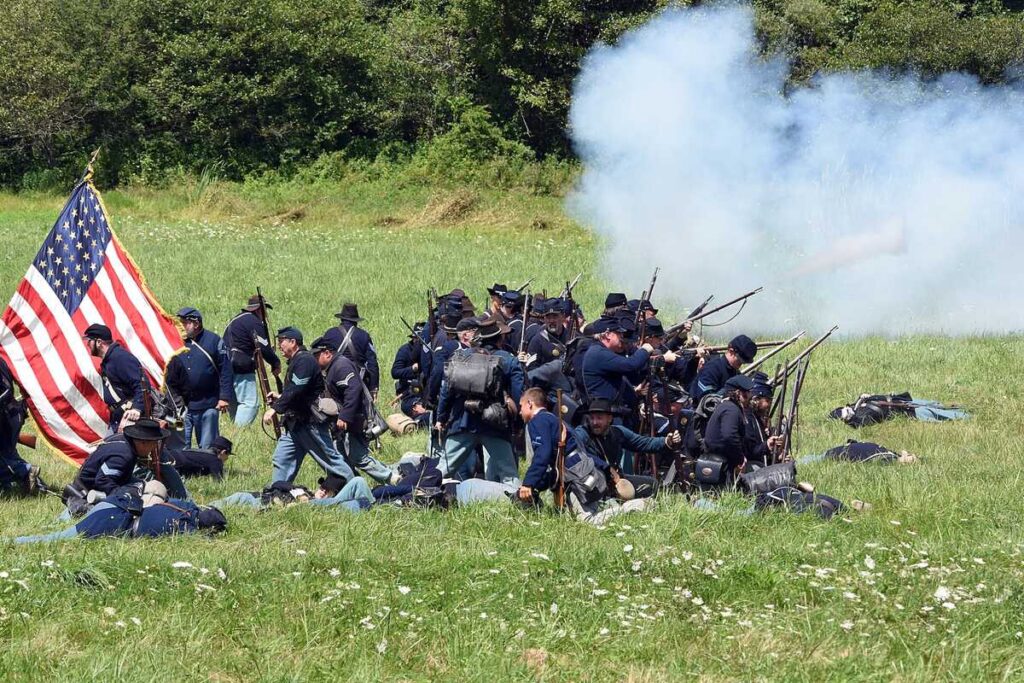
Image from Chris Chow on Unsplash
8. Grant Helped Lead the Union Army to Victory in the Civil War
Grant was a commanding unstipulated in the Civil War who helped lead the Union Army to victory over the Confederacy. He was a natural leader who could inspire unconfined bravery from his troops on the battlefield.
He won the first major victory for the Union in the Civil War. In February of 1862, he forced the surrender of roughly 15,000 Confederate soldiers at Fort Donelson in Tennessee. It was the first time that an unshortened Confederate squad was captured. During this battle, he famously stated, “No terms except well-constructed and unconditional surrender can be accepted,”Â
Confederate Unstipulated Robert E. Lee surrendered to Grant on April 9, 1865, which ended the Civil War.
Fun Fact: Unstipulated Robert E. Lee moreover attended the United States Military Academy at West Point. He finished second in the matriculation in 1829.

Image from Library of Congress on Unsplash
9. Grant Was Not a Fan of Andrew Johnson
Ulysses S. Grant was a tropical friend of President Abraham Lincoln. However, he did not get withal well with Andrew Johnson, who was Lincoln’s vice president and went on to seem the presidency when Lincoln was assassinated.
The men clashed on policies, expressly those related to Reconstruction pursuit the Civil War. Historians often remember Andrew Johnson as stuff one of the worst U.S. presidents; he was moreover the first president to have wares of impeachment brought versus him. It’s unscratched to say that he probably had solid grounds for not liking the man.Â
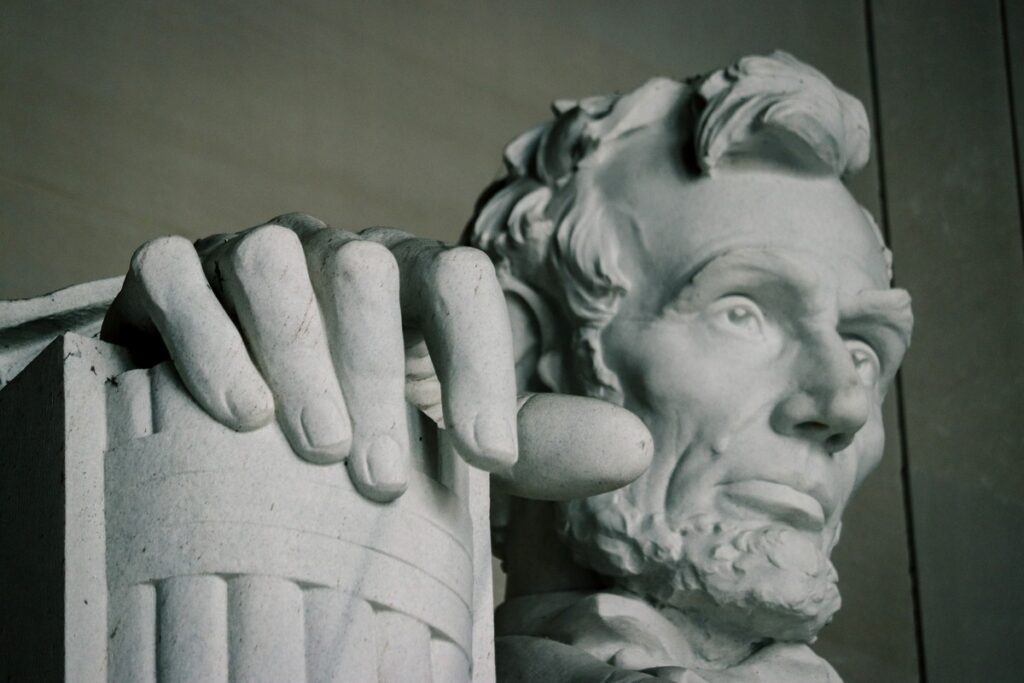
Image from ElevenPhotographs on Unsplash
10. Grant Was Supposed to Be at Ford’s Theater When Lincoln Was Shot
Grant was supposed to trailblaze President Abraham Lincoln to Ford’s Theater the night John Wilks Booth assassinated him. Advertisements for the performance plane stated that Grant would trailblaze President Lincoln and his wife, Mary Todd Lincoln, to the performance.Â
At the last minute, Grant backed out, stating that he and his wife were going to travel to see relatives instead. Although, it’s believed the real reason he backed out was that his wife Julia disliked Mary Todd Lincoln and did not want to spend the evening with the first lady.
Regardless, it’s believed by many historians that Grant was moreover the target of Wilkes Booth’s scragging plot that night. If Grant had attended the performance, he would have been shot withal with Lincoln.
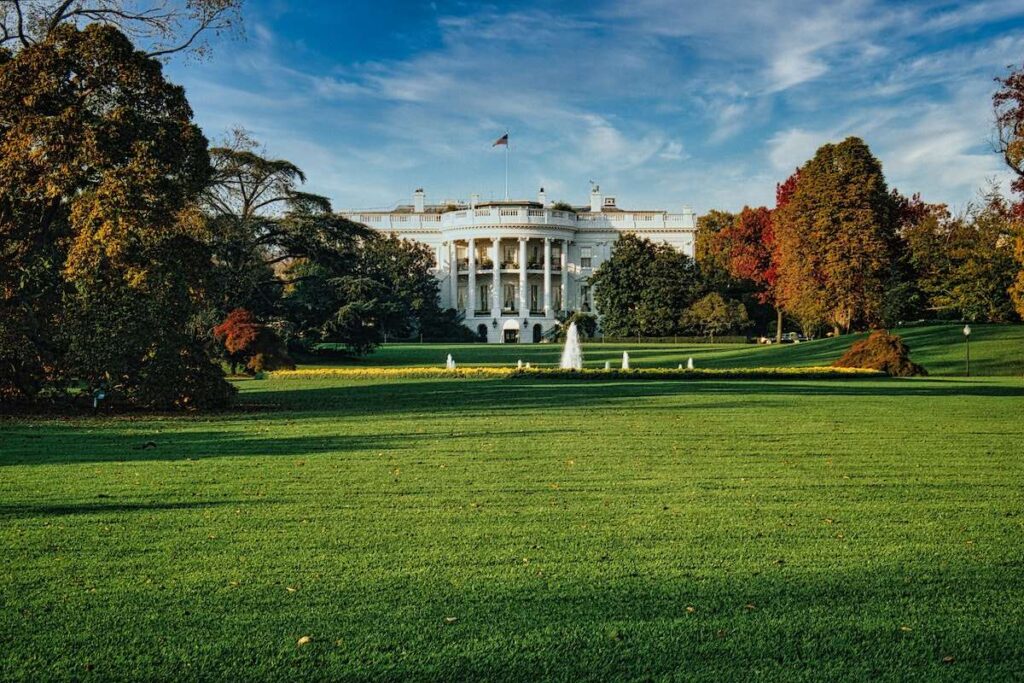
Image from Tom Fisk on Pexels
11. Grant Was the Youngest Person at the Time to Wilt U.S. President
When Grant was elected president, he was 46, which made him the youngest president elected at the time.
As of now, the youngest president to overly take office is Theodore Roosevelt, who became the 26th President of the United States when he was 42 years old. He unsupportable the presidency pursuit the scragging of President William McKinley.Â
The youngest person to wilt president through an referendum was John F. Kennedy. He was inaugurated at age 43.
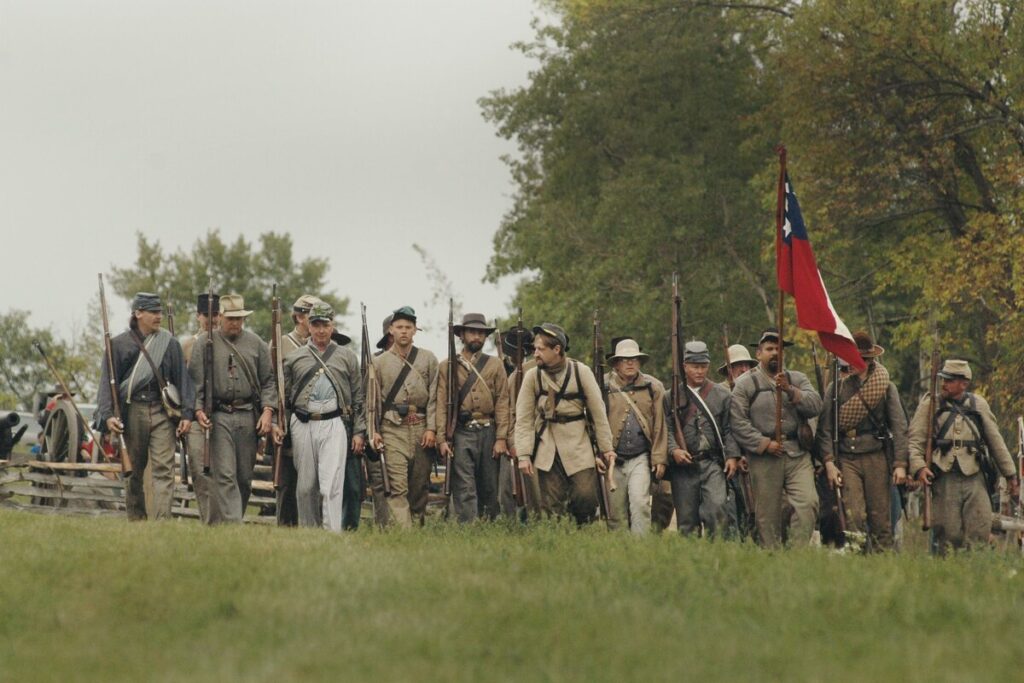
Image from Jen Theodore on Unsplash
12. Grant Had No Political Wits Before Becoming President
Although Ulysses S. Grant was a prestigious war hero, he had no political wits when he was nominated for the presidency in 1868. The U.S. was still dealing with the produce of the Civil War. Because Grant was credited with helping to alimony the U.S. together, most Americans were willing to elect him to lead the nation.
He went on to serve two terms in office, from 1869 to 1877. He left office on a upper note and went on a world tour with his wife, Julia. They met with top leaders from virtually the world, including Queen Victoria.Â
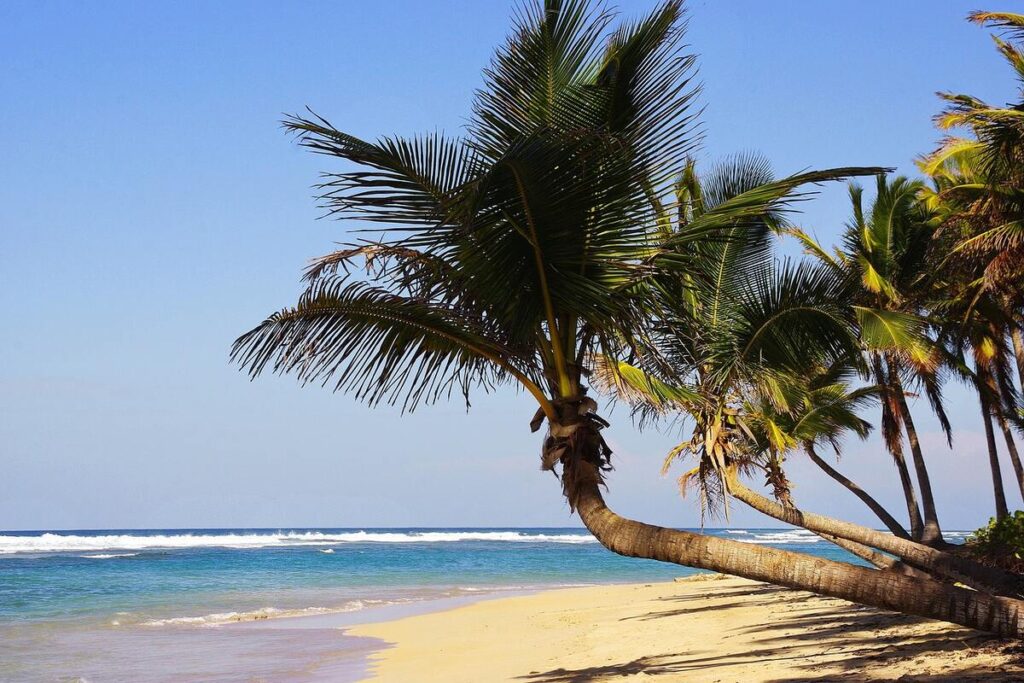
Image from DEZALB on Pixabay
13. President Grant Wanted to Subsection the Dominican Republic
In 1869, President Grant attempted to subsection the Dominican Republic as a U.S. territory with the pledge of eventual statehood. He wanted to subsection it for several reasons, including having it as a military wiring and as a refuge for freed slaves.
Although the Dominicans tried the treaty, the snout failed in the U.S. Senate.Â
14. Grant Helped Dismantle the KKK During the ReconstructionÂ
Starting in the 1860s, the newly worked Ku Klux Klan waged a murderous wayfarers of terror versus woebegone Americans. President Grant marshaled the Justice Department to secure thousands of indictments versus leaders of the extremist organization.
In 1871, he moreover oversaw the passage of the “Ku Klux Klan Act.” This gave the President the power to declare martial law and suspend habeas corpus in locations considered to be in a state of insurrection.
The same year the law was enacted, Grant dispatched troops to South Carolina and ousted thousands of Klansmen from the state. Because of the efforts of Grant and his administration, the KKK was subdued into submission for the pursuit few years.
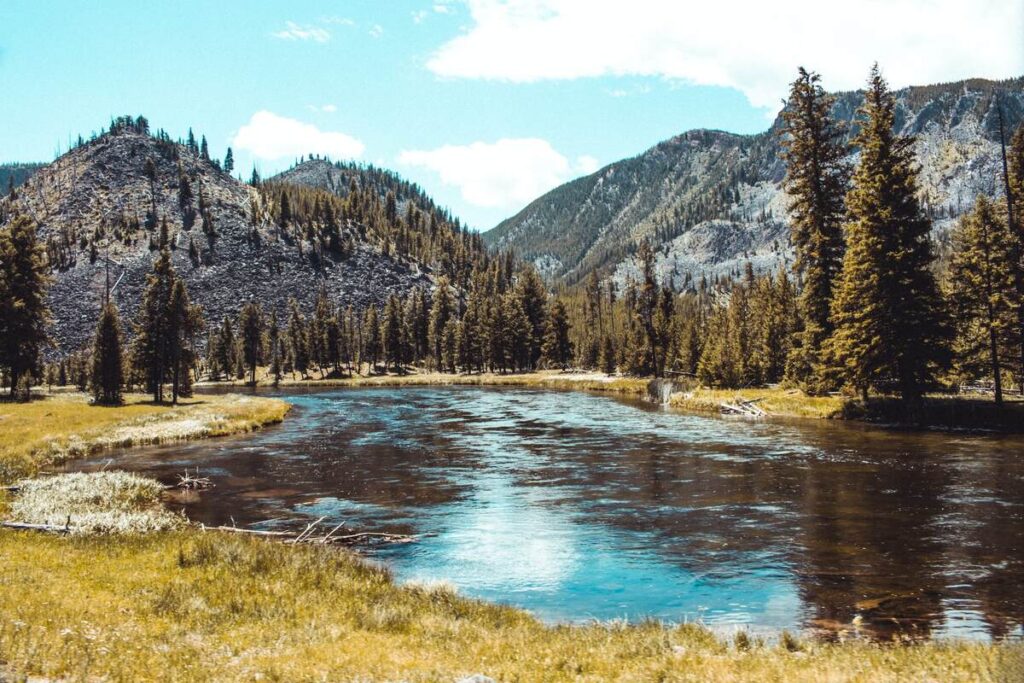
Image from Austin Farrington on Unsplash
15. President Grant Established Yellowstone National Park
On March 1, 1872, President Ulysses S. Grant signed an act into law that established Yellowstone National Park. It was tabbed the Yellowstone National Park Protection Act, and it substantially created the first national park. The act protects over two million acres of mountain wilderness for future generations to enjoy.Â

Image from iniesta44 on Pixabay
16. Mark Twain Published Grant’s Personal Memoirs
Mark Twain and Ulysses S. Grant were tropical friends. During the last years of Grant’s life, the former president wrote his two volumes of autobiographies, The Personal Memoirs of U. S. Grant. Shortly without his death, Twain published the set.
The sale of the books was extremely important for Grant, as his wife and family needed the finances that were expected to come from the book’s profits. Luckily, the books were a huge success and helped provide for his family for the rest of their lives.
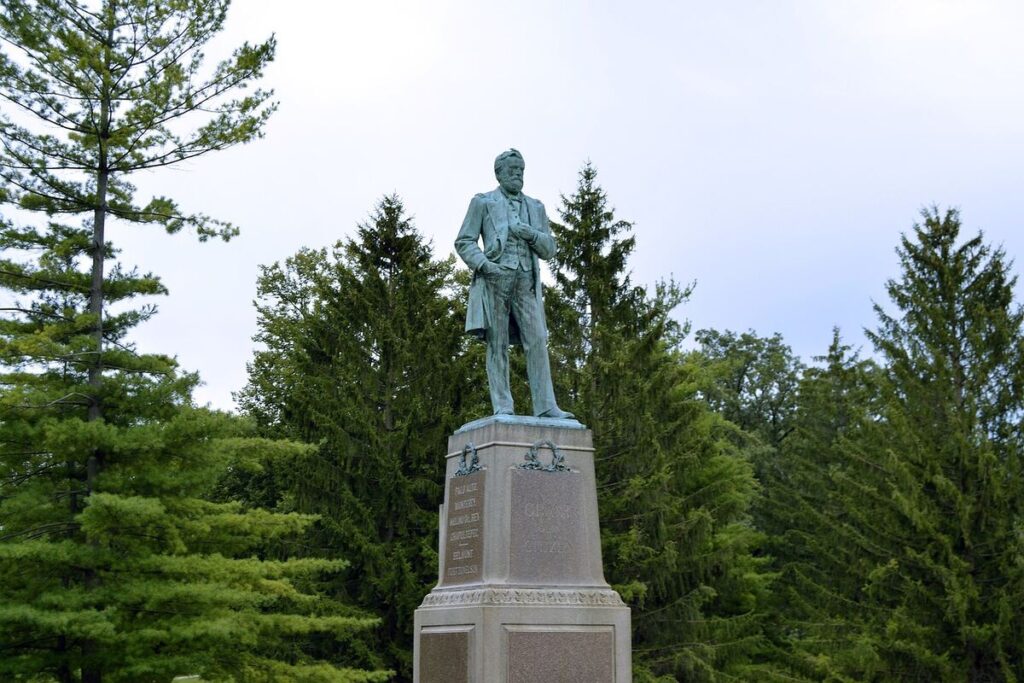
Image from islandwords on Pixabay
17. Grant’s Reputation Is Often Debated Among Historians
Grant’s reputation as President has been a contentious topic among historians. His wardship experienced fraud, governmental mismanagement, and corruption. It was moreover marred by scandal — although not as bad as the Watergate scandal in the 20th century.Â
However, Grant’s presidency moreover helped reunite the nation without the Civil War, prosecute the Ku Klux Klan, and provide protection and legal support for Woebegone Americans. Historians seem to portray him in a increasingly positive light in recent years. Without reading this list of interesting facts well-nigh Ulysses S Grant, what side of history do you think he belongs on?



